We Don’t Mean To Offend, Especially If You Own One, But….
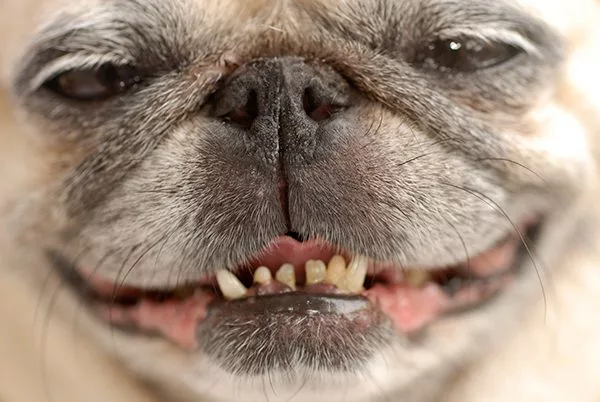
We love dogs for their charm, loyalty, and companionship—but sometimes, the breeds we find cutest are also the ones that cause the biggest headaches. From genetic health disasters to sky-high vet bills and heartbreaking short lifespans, some dogs are walking bundles of trouble beneath all that cuteness. These aren’t “bad dogs” by any means—in fact, they’re often some of the sweetest—but their built-in medical issues and care demands can turn ownership into a nightmare for even the most devoted families. Here are nine breeds that vets secretly wish you’d think twice about before falling for those puppy eyes.
1. English Bulldogs
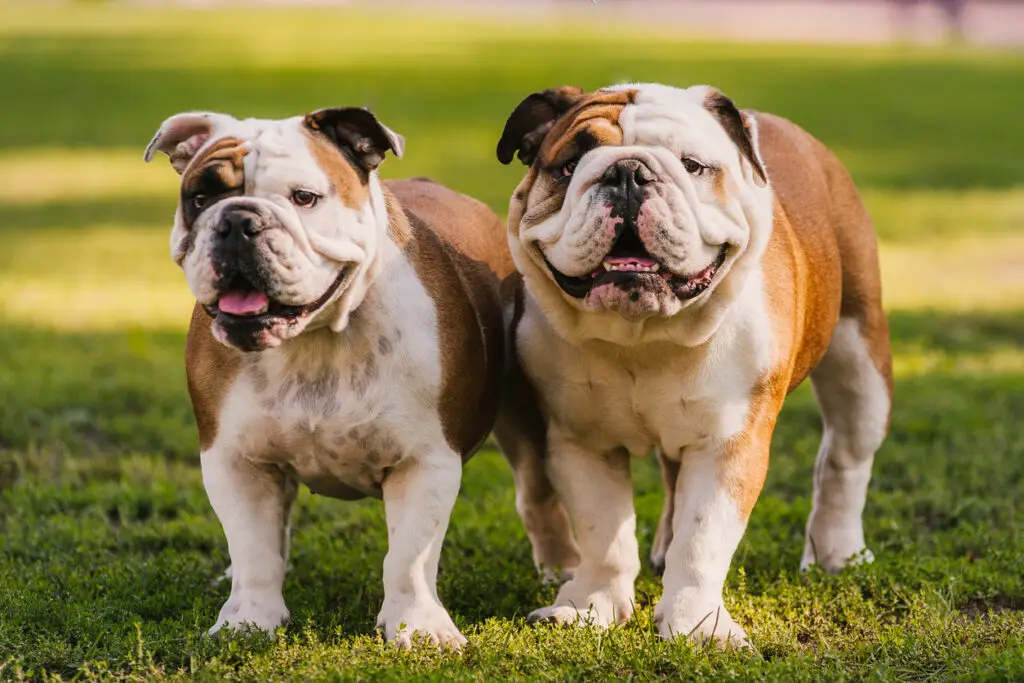
Those squishy faces are irresistible, but English Bulldogs are genetic minefields. Their flattened noses make breathing a constant struggle, often requiring surgery just to help them sleep or exercise. Add in chronic skin infections, joint problems, and a heartbreakingly short lifespan, and you’ve got one of the highest-maintenance dogs around. Cute? Absolutely. Easy to own? Not even close.Source: PetMD
2. Dachshunds

Adorable “hot dogs” on legs, yes—but also a vet’s recurring nightmare. Their long backs are fragile, and even a wrong jump can cause slipped discs or paralysis. Back surgery is expensive, painful, and not always effective. To keep them safe, owners need ramps, restrictions, and constant vigilance—something many underestimate when they fall for those soulful eyes. Source:Celebrity Dachshunds.com
3. Cavalier King Charles Spaniels
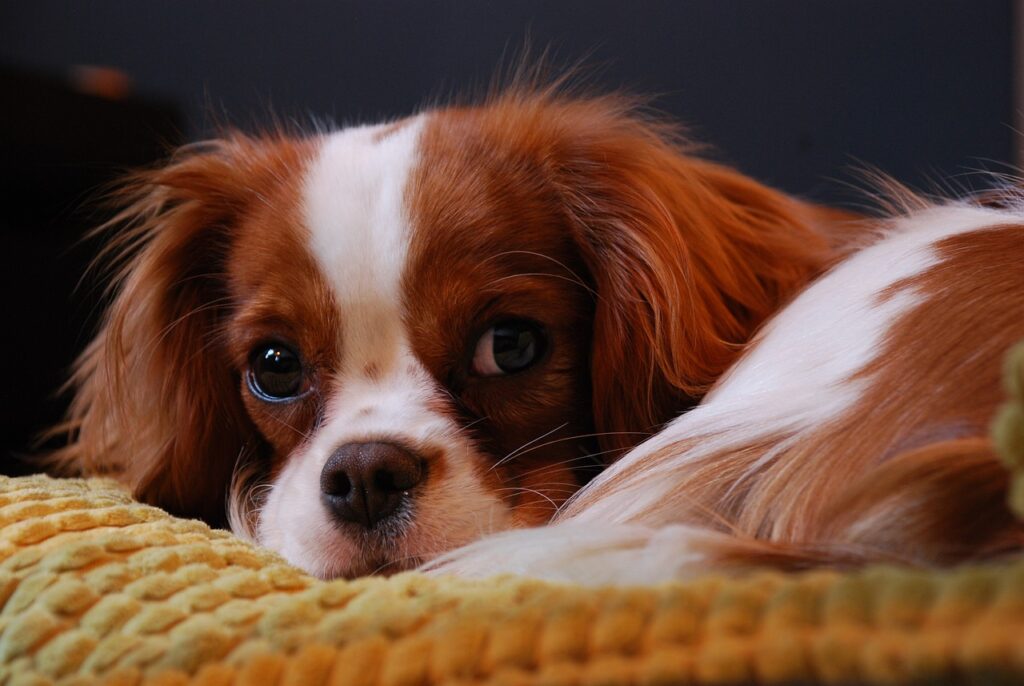
Sweet as sugar and heartbreakingly beautiful, Cavaliers often live with ticking time bombs in their chests. Mitral valve disease—a deadly heart condition—affects most of the breed, sometimes while they’re still young. Add in painful neurological disorders, and these dogs can suffer enormously despite their sunny personalities. Owning one often means loving deeply while bracing for heartbreak. Source: American Kennel Club
4. Chihuahuas

Tiny bodies, giant problems. Chihuahuas commonly struggle with dental disease, knee problems, and heart issues. Because they’re so small, even minor injuries—like a fall or a broken tooth—can come with hefty vet bills. Poor socialization can also leave them snappy, anxious, or aggressive, making them emotionally high-maintenance as well. Source: PetMD
5. Shar-Peis
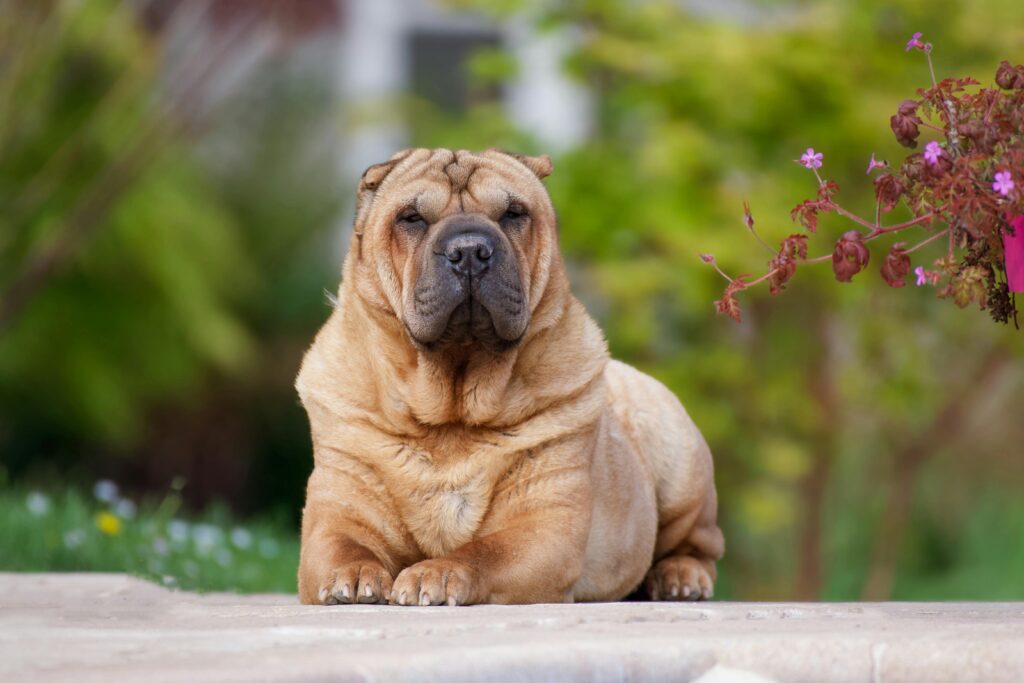
Those folds are adorable, but they hide endless trouble. Wrinkles trap bacteria and moisture, leading to chronic skin infections, while inward-rolling eyelids can scratch their corneas raw. Many require repeated surgeries just to be comfortable. On top of that, Shar-Peis are prone to unexplained fevers, leaving owners (and vets) frustrated and heartbroken.
6. German Shepherds

Majestic, loyal, and brilliant—but heartbreakingly fragile. German Shepherds are prone to hip dysplasia, degenerative spinal disease, and digestive issues that can cut their prime years short. Many develop painful mobility problems by middle age, despite still being mentally sharp and eager to please. They’re incredible companions, but they demand owners who are financially and emotionally prepared for tough times.
7. French Bulldogs
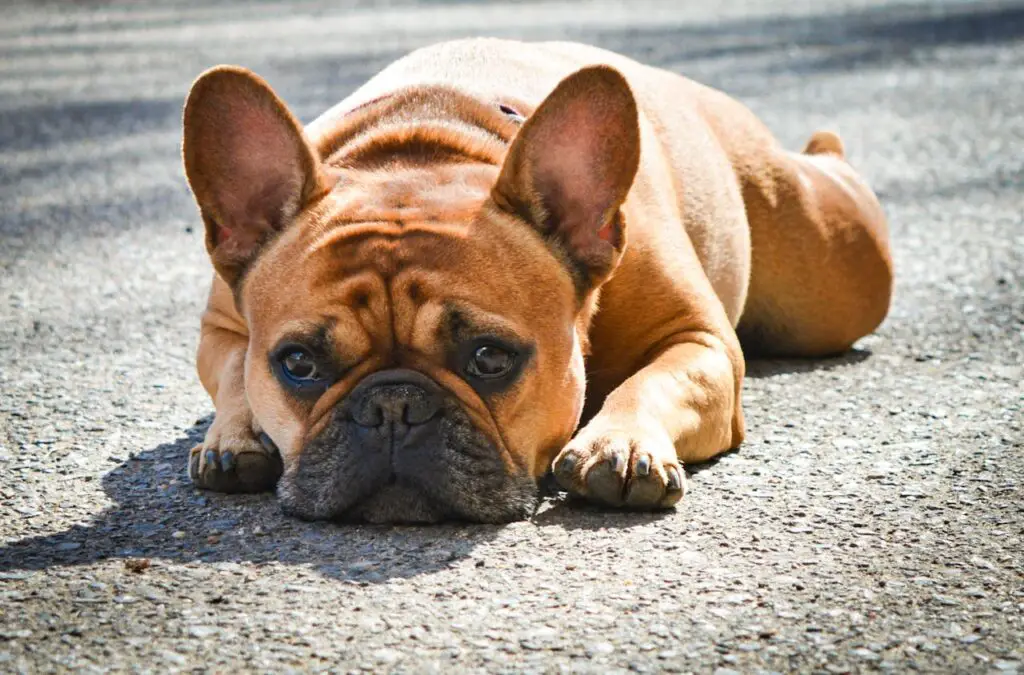
Majestic, loyal, and brilliant—but heartbreakingly fragile. German Shepherds are prone to hip dysplasia, degenerative spinal disease, and digestive issues that can cut their prime years short. Many develop painful mobility problems by middle age, despite still being mentally sharp and eager to please. They’re incredible companions, but they demand owners who are financially and emotionally prepared for tough times.
8. Great Danes
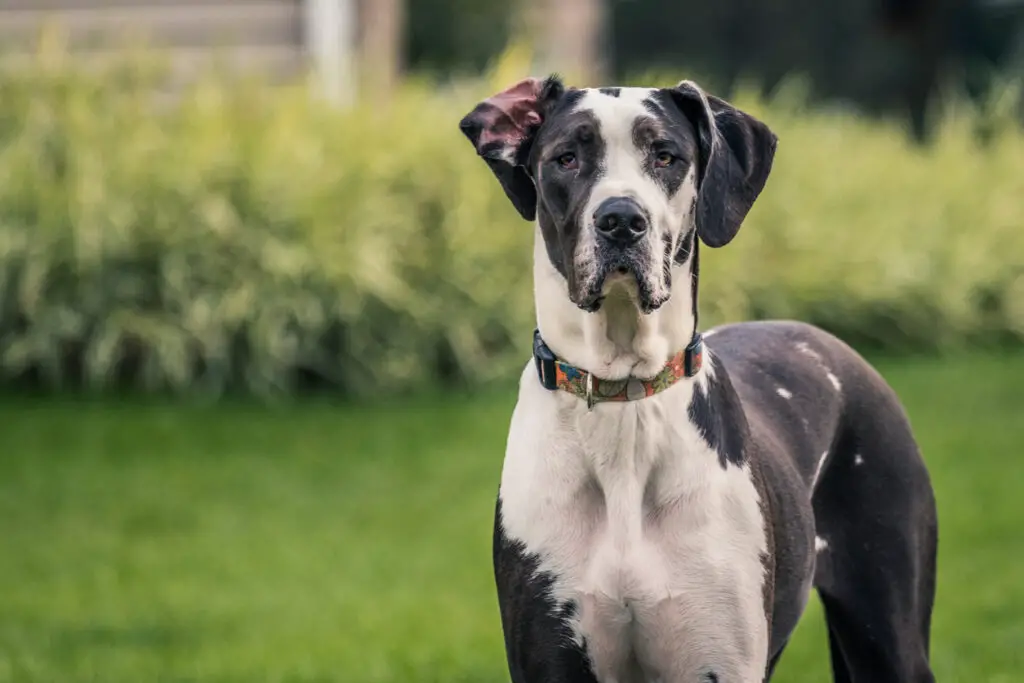
Gentle giants with giant heartbreak attached. Great Danes grow so quickly that their joints often can’t keep up, leading to orthopedic problems. Worse, they’re highly prone to bloat, a deadly stomach condition that can kill in hours. With a lifespan of only 6–8 years, many families barely finish raising them before facing devastating goodbyes.
9. Pugs
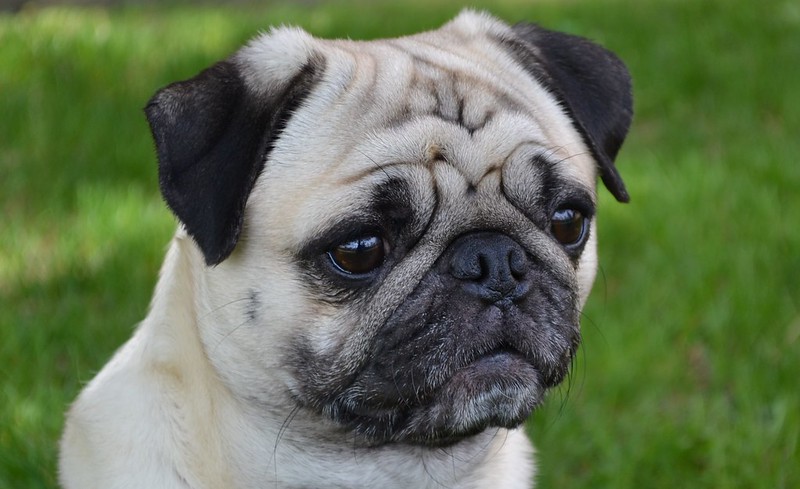
Comical, loving, and endlessly charming—but medically exhausting. Pugs are plagued by brachycephalic airway syndrome, making breathing a lifelong battle. Their bulging eyes are easily injured, and their wrinkles and spines come with their own list of chronic issues. That trademark snore? Often a sign of distress. They’re funny little companions, but life with a Pug usually means life with your vet on speed dial.
Every dog breed has its quirks and challenges, and these nine just happen to come with extra-heavy baggage. While vets often cringe at the medical problems built into their genetics, many of these dogs are also some of the sweetest, funniest, and most loyal companions you’ll ever meet. Plenty of families adore their Bulldogs, Shepherds, Cavaliers, and Pugs.
At the end of the day, this list isn’t meant to scare you away from the breeds you love, or to offend—it’s a reminder to go in with eyes wide open. The more you understand about a breed’s health and lifestyle needs, the better chance you’ll have of giving them a happy, comfortable life. After all, even the most “nightmarish” breeds can turn out to be dream dogs in the right home.


